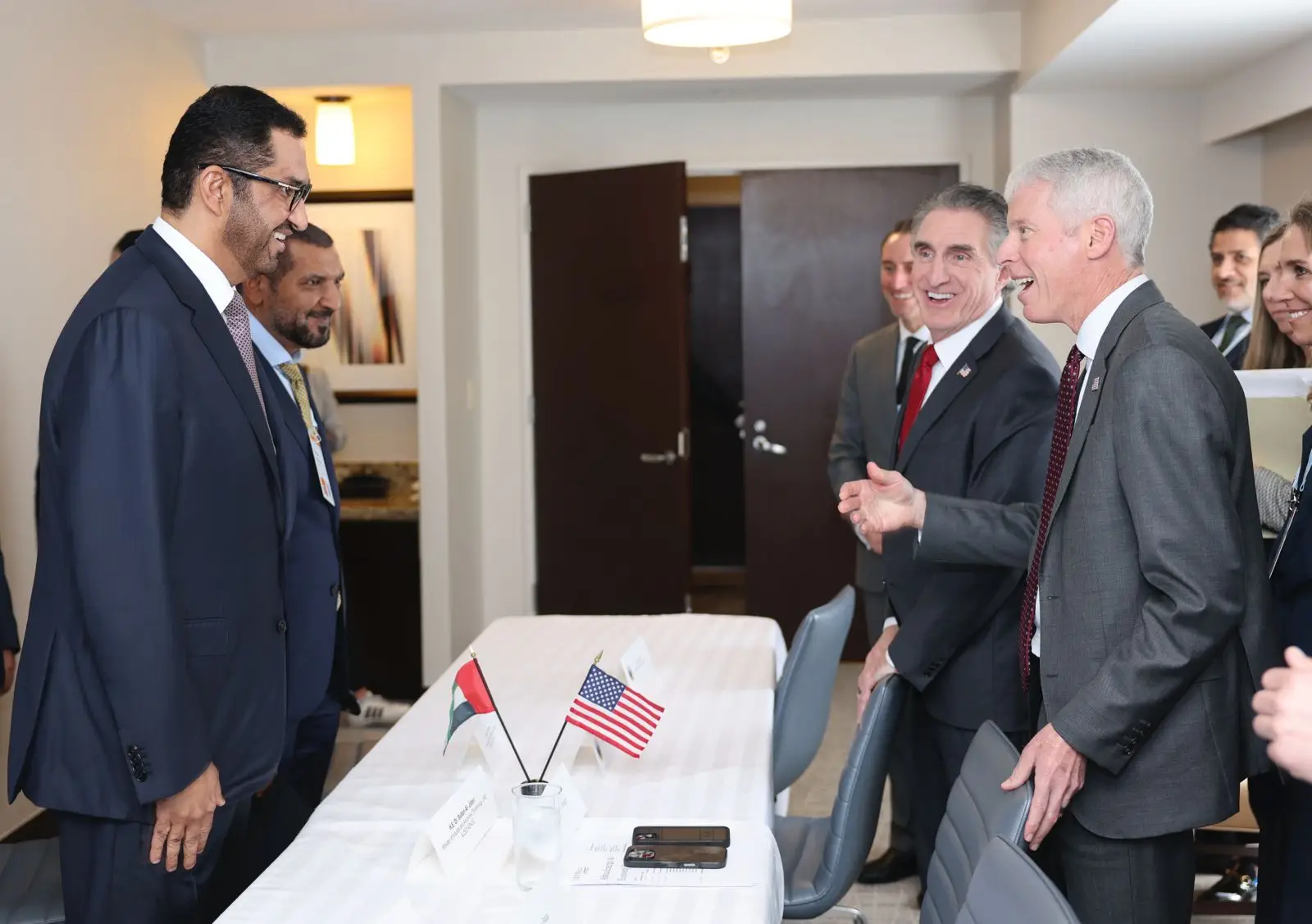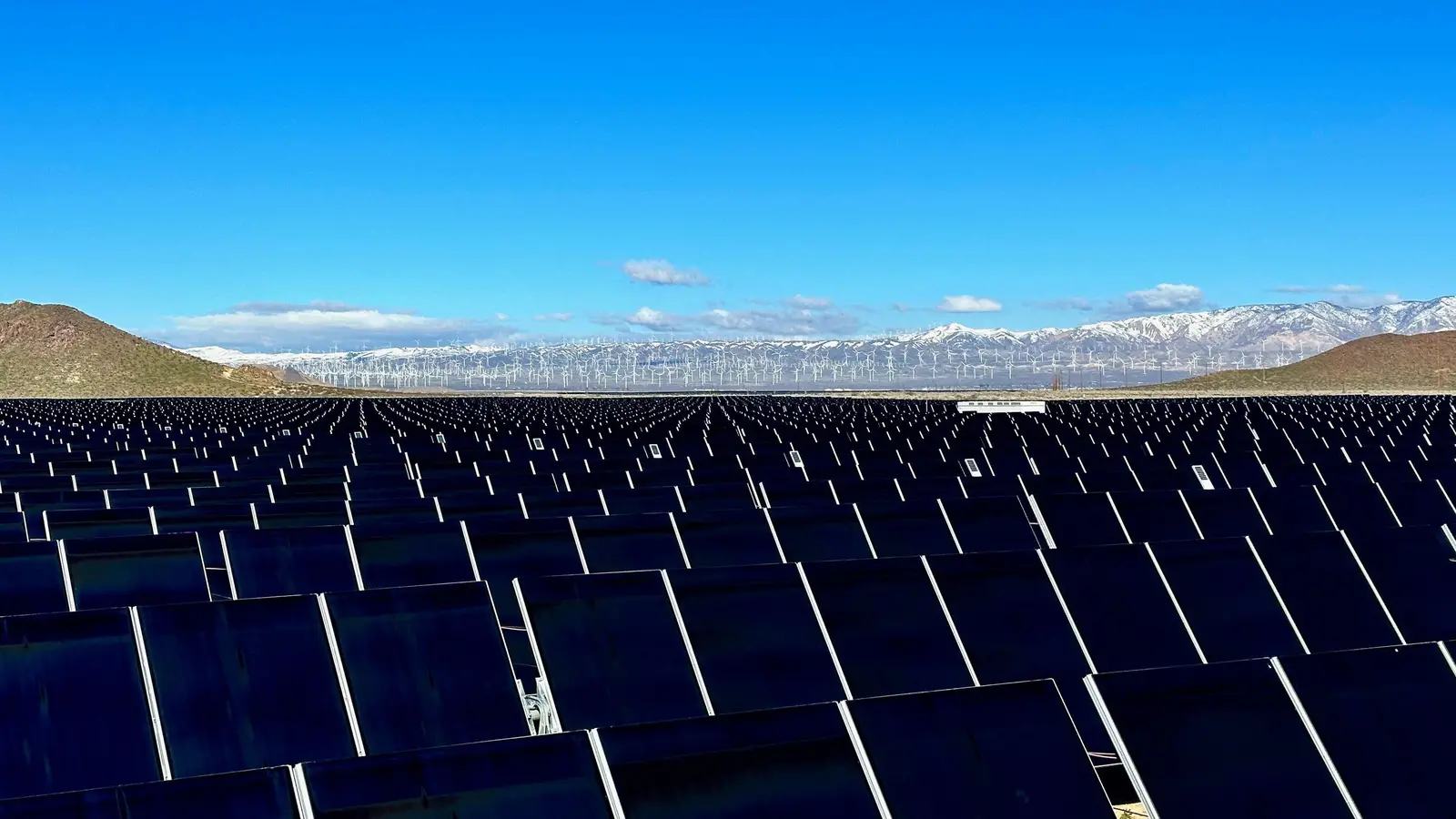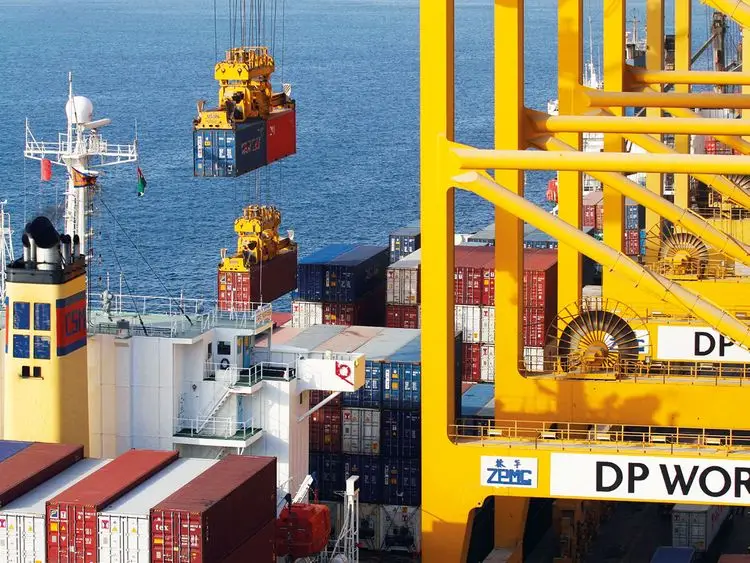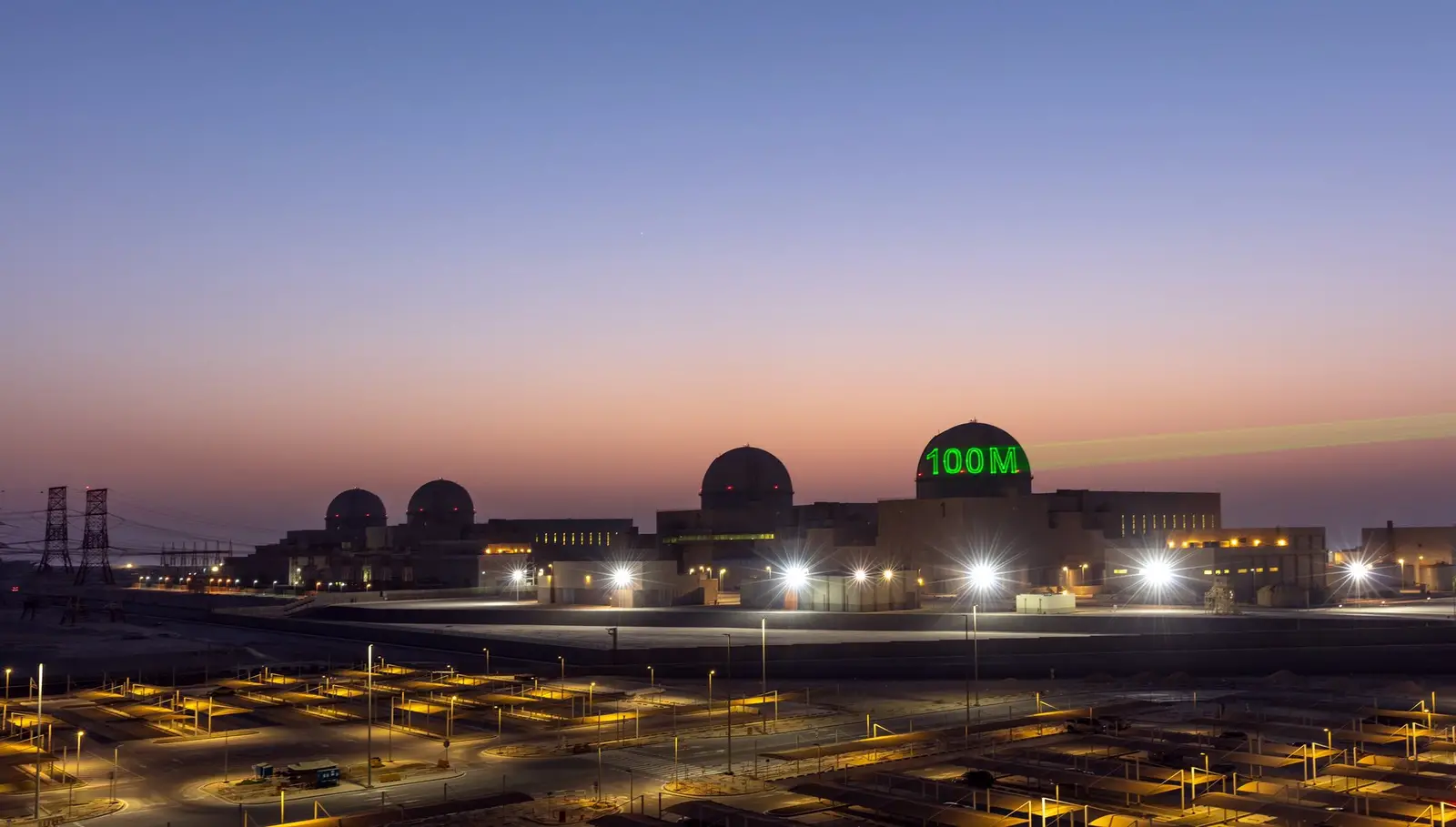
Building on five decades of strong energy and environmental cooperation, the UAE and the US are developing affordable and secure energy to support mutual economic growth and technological innovation. At a government level, the UAE and US are working with the international community to future-proof energy systems.
UAE-US Collaboration
UAE-US cooperation across the energy and environmental value chain directly benefits communities throughout the United States by creating jobs, boosting local economies, and enhancing security.
The UAE is at the forefront of deploying digital solutions and artificial intelligence in the energy sector, often in partnership with leading US companies. Additionally, under the Partnership for Accelerating Clean Energy (PACE), UAE and US partners are mobilizing investment in alternative energy and deploying advanced nuclear technology, sustainable aviation fuel, carbon capture and more.
UAE company Masdar first invested in the US in 2019 and now has a portfolio of utility scale wind, solar and storage assets totaling over 3 GW across Texas, New Mexico, Nebraska, and California. In 2024, Masdar acquired a 50% stake in Terra-Gen, one of the largest independent renewable power producers in the US.
Alongside these initiatives, regular government-to-government coordination advances shared priorities on energy transformation.



